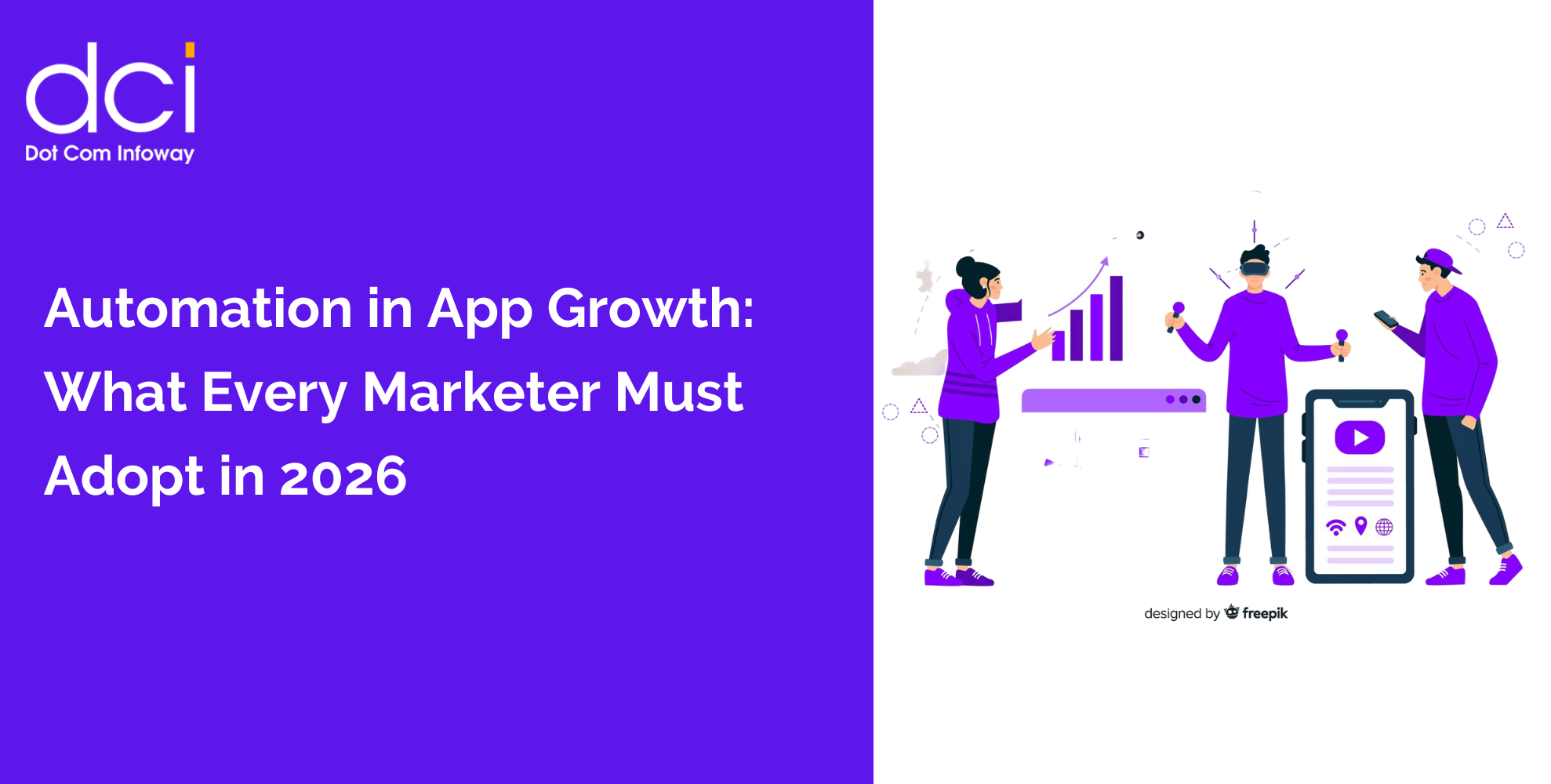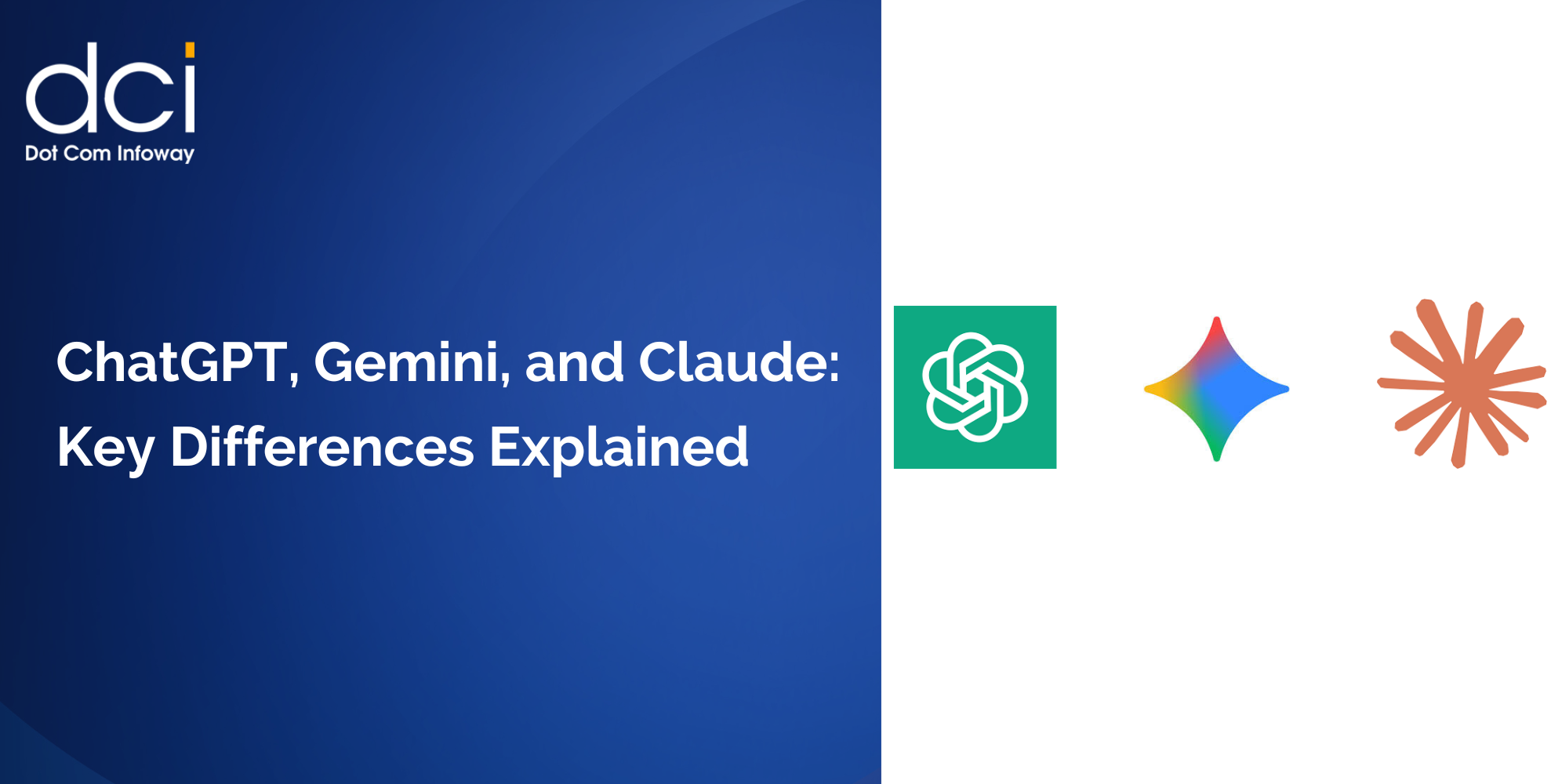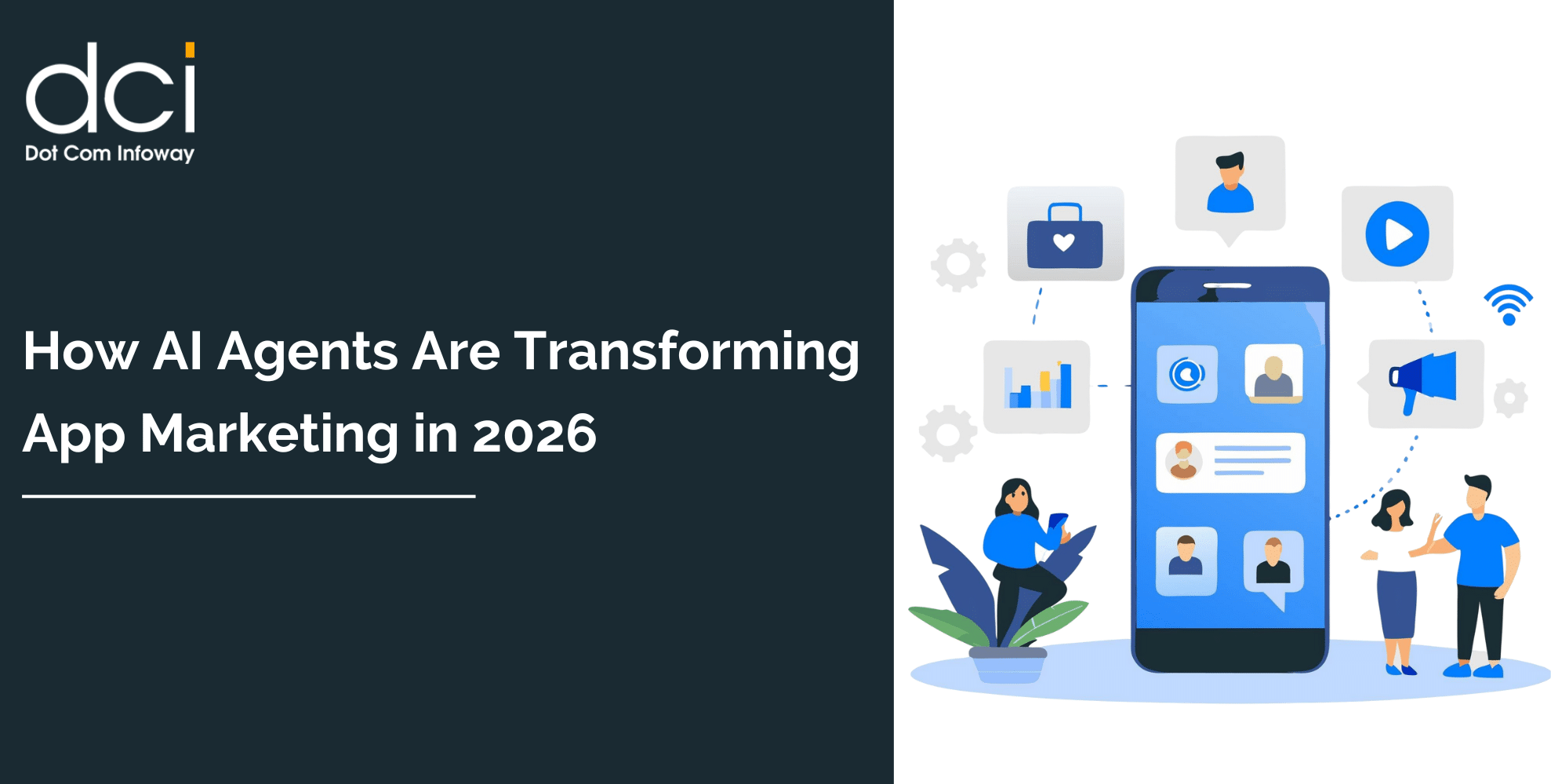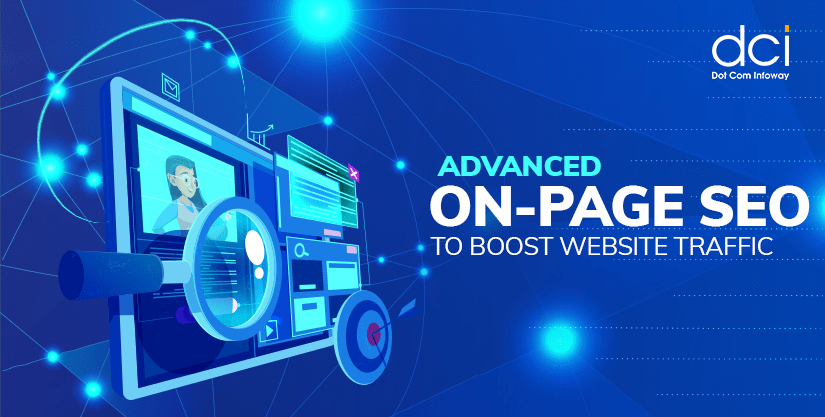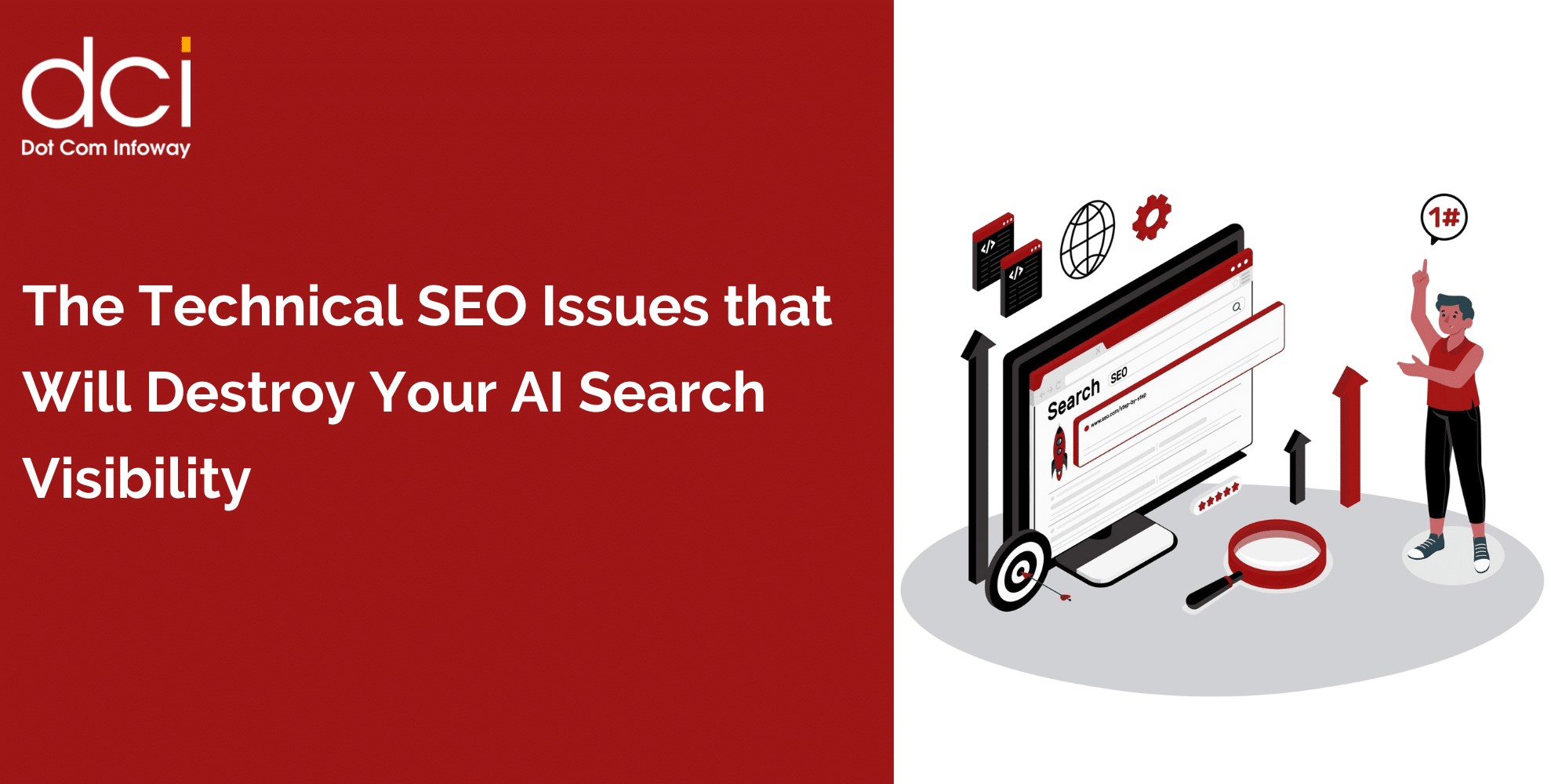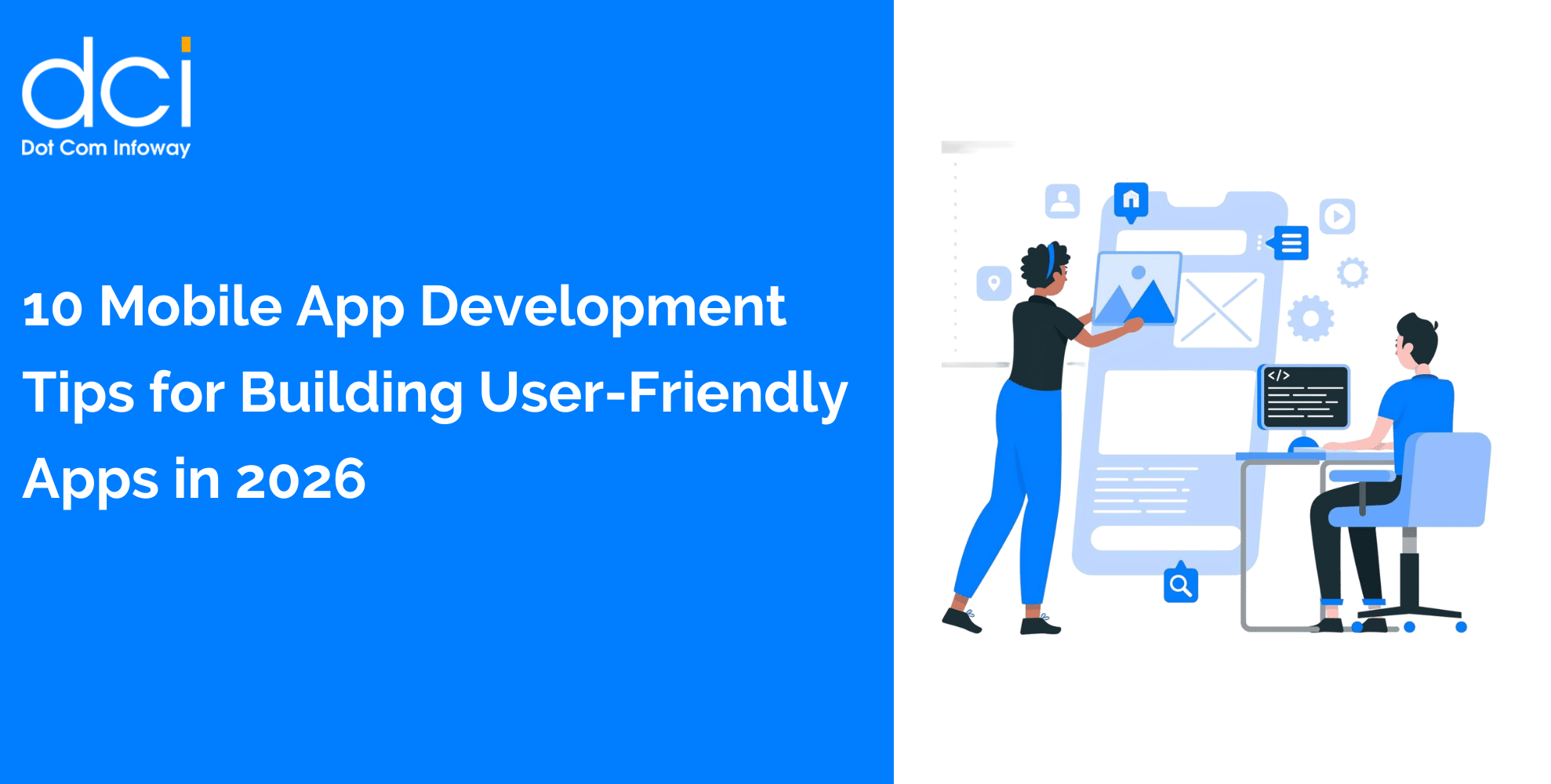The Hidden Crisis: Why LLM SEO Fixes Are Needed for AI Visibility
Marcus Singh, creator and early adopter of AI optimization strategies, experienced this firsthand. After spending three hours writing what he considered his best blog post, it garnered only 17 views. When he asked ChatGPT a question his article directly answered, the AI cited random Medium links and Reddit threads instead – completely ignoring his expertly crafted content.
“That’s when it clicked: SEO isn’t enough anymore. We’re in the era of GEO – Generative Engine Optimization.” – Marcus Singh, Digital Marketing Strategist
This scenario plays out thousands of times daily across industries. Business owners, content creators, and marketers discover their expertise is invisible to the AI tools their potential customers increasingly rely on for answers.
The statistics paint a stark picture. AI Overviews now appear in up to 47% of Google search results, and when they do, clicks on traditional search links drop by 34.5%. Zero-click searches have surged to 58% in the U.S., meaning more than half of all searches never result in a single website visit.
What Makes LLM SEO Different From Traditional SEO
LLM SEO operates on fundamentally different principles than traditional search engine optimization. While Google’s crawlers index pages and analyze backlinks, AI models synthesize, summarize, and extract information based on how well content can be understood and cited.
The Core Difference: Structure Over Authority
Traditional SEO prioritizes domain authority, backlinks, and keyword density. LLM SEO focuses on:
- Content clarity and structure for easy AI comprehension
- Citation-worthy formatting that makes information extractable
- Prompt-ready language that matches how people query AI tools
- Brand mention frequency across the web ecosystem
Research from Tenet reveals that off-site brand mentions show the strongest correlation with AI Overview appearances – even more than backlinks or domain authority. The top 50 domains receive 28.9% of all brand mentions used in AI Overviews, while brands dominating these mentions receive up to 10x more visibility than their competitors.
Why Your Website Remains Invisible to AI Search
The Summarization Problem
AI models excel at processing content that’s structured for summarization. If your content resembles a wall of text without clear subheadings, bullet points, or logical flow, you’re essentially invisible to AI processing.
What AI Tools Prefer:
- Short, scannable paragraphs
- Clear H2 and H3 headers that answer specific questions
- Bulleted lists and structured information
The Language Mismatch
Your content might be expert-level, but if it doesn’t match the language people use when prompting AI tools, it won’t surface in responses. When someone types “How do I get my blog cited by ChatGPT?” and your post discusses “semantic data layering optimization,” there’s a disconnect.
LLM SEO fixes this by optimizing content using the exact phrases and questions your audience asks AI tools. This includes incorporating conversational queries as headings and using natural language that mirrors how people think and speak.
The Trust and Citation Gap
AI models heavily favor sources they’ve “seen” before – particularly those mentioned across Reddit, Twitter, Medium, and other discussion platforms. Wikipedia remains the most-cited source across major AI platforms, appearing in 16.3% of ChatGPT responses, 12.5% of Perplexity citations, and 8.4% of AI Overviews.
This creates a visibility cycle: established sources get cited more, which increases their authority with AI models, leading to even more citations.
The Hidden Algorithm: How AI Tools Choose What to Cite
Understanding citation patterns reveals crucial insights for LLM SEO strategy. Recent analysis of AI tool behavior shows distinct preferences:
ChatGPT Citation Patterns:
- Wikipedia (16.3% of citations)
- News sites like Reuters and AP (4-2.6%)
- Established educational resources
Perplexity Preferences:
- Wikipedia (12.5%)
- YouTube content (16.1%)
- Regional and specialized sources
Google AI Overviews:
- Wikipedia (8.4%)
- YouTube (9.5%)
- Reddit and forum discussions (7.4% for Reddit alone)
The pattern reveals AI tools don’t just prefer authoritative sources – they favor content that’s already part of the broader web conversation.

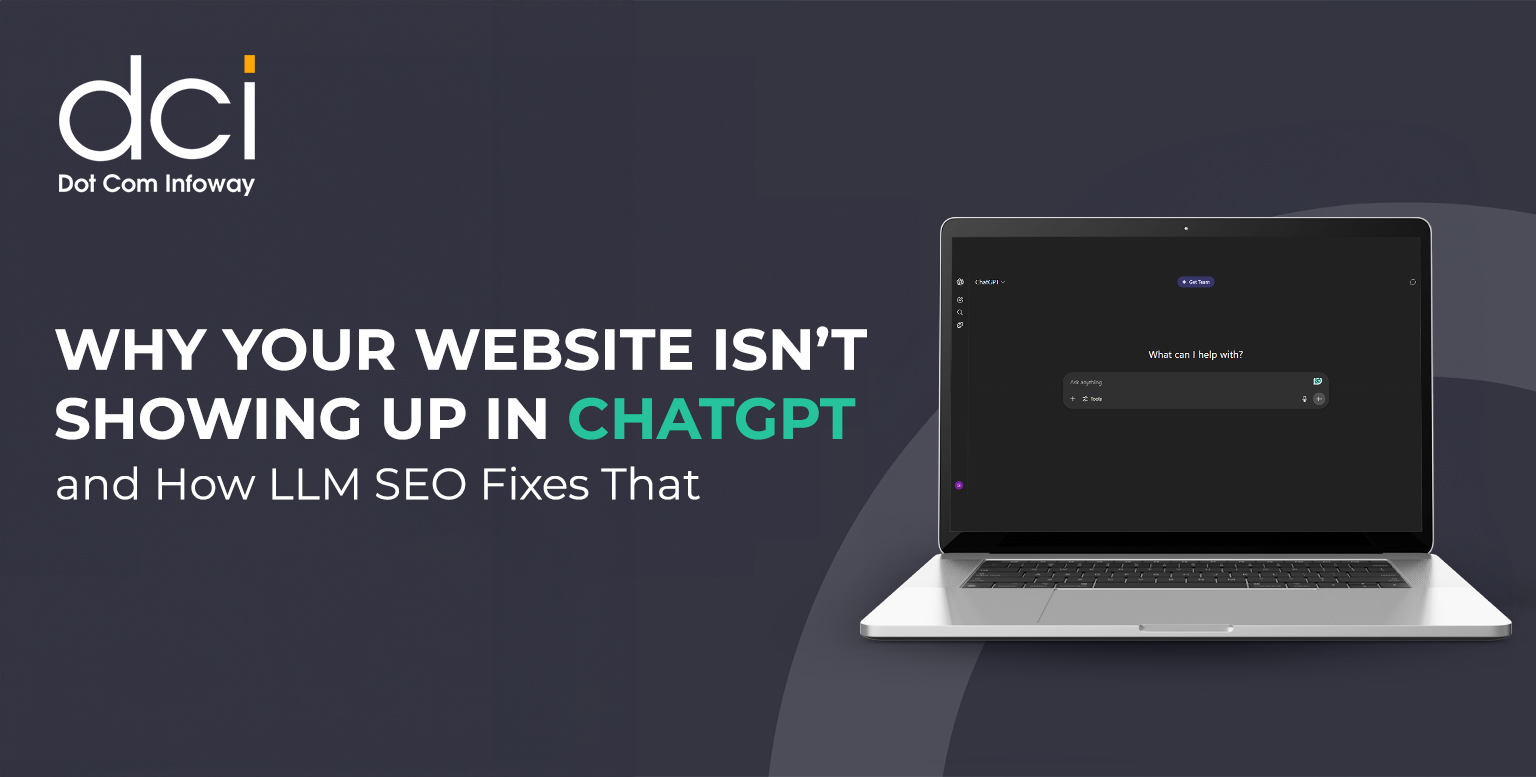





![The Game Marketing Guide: Pre and Post-Launch Strategies [Infographic]](https://www.dotcominfoway.com/wp-content/uploads/2023/09/DCI-Game-Marketing-blog-1.jpg)

